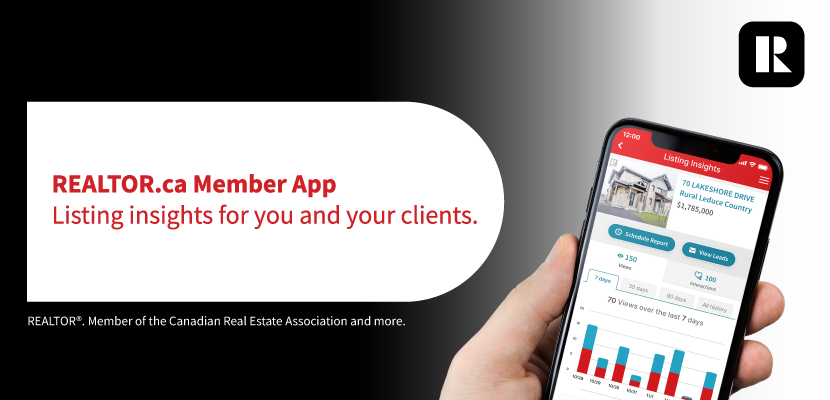Having referral partnerships in your area with mortgage brokers, moving companies, painters, home inspectors, storage facilities, plumbers, contractors, insurance agents, lawyers and the like can be a win/win for you. The often-handshake relationships can result in more leads and more business. Another side bonus is that you already have experts lined up when your buyers or sellers need a connection, increasing your value to your clients. Building referral relationships now can pay huge dividends in the long run.
A real estate broker from Vancouver who asked not to be named says, “I have several relationships with partners like mortgage brokers, photography experts, inspectors, lawyers…. Technically, we’re not supposed to favour one over the other. We are supposed to recommend a minimum of three options to whoever we’re referring to, although almost all of us pick our favourites. Given the current regulatory environment, I’m careful to follow the rules as they’re spelled out, mostly because the penalties for not doing so have multiplied by ten. I’m keen to stay on the right side of the regulators.”
Patricia Clarke, a broker with Your Choice Realty in Ottawa, finds mortgage agents and brokers are the most helpful relationships to have. “Most buyers and sellers depend on a mortgage to complete a real estate transaction. Having a good mortgage professional working with us and our clients is a must. Keeping the transaction moving forward is often dependent on financing.”
Clarke points out another bonus of such partnerships, “We require that the professionals that we work with provide our clients with 100 per cent quality, because once we recommend them, our name and reputation is on the line. Our goal is not only to create relationships to get new clients, but to create these alliances to be able to provide our clients with a complete solution for their home purchase or sale. Once a client comes to us…they don’t need to then waste time looking for the other professionals required to complete the purchase or sale…we provide them with choices that may work for them to supply their needs and complete these transactions.”
When looking for referral partners, seek out companies that deal with many of the same types of people as your clients. Partners who have similar prospects will result in cross-referrals that are more desirable. When forming partnerships, both parties need to make their expectations clear and establish what they will bring to the relationship.
Richard Payne, a real estate agent with Keller Williams Select Realty in Bedford, N.S., has a strategy for deciding who to form a working alliance with: “It starts with a reputation or a ‘you should talk to’ from another trusted person. Then there is a little research and online searching to find out more about the person and how they appear online and in the social world. I look for partners to form a long-term relationship with. It doesn’t have to be real estate related as I want to be sure to provide all the people who know me with help by knowing the best people and services.”
Payne continues, “My mortgage broker is definitely the most helpful. I can’t help people find the right house if they can’t get the right financing for them. Having said that, my lawyer, inspector, water quality and septic inspector are all key team members for us. We do have others that we work closely with before, during, and after the transaction but those are the key ones that we know are going to be needed and relied upon to do a superb job.”
Once you’ve formed a referral partnership with another business, it’s vital that you continue fostering the relationship. That takes time and dedication. Keep the lines of communication open and devise a strategy for how you want to strengthen that relationship on an ongoing basis. Make note of the plan in your calendar. And keep sending them referrals to increase the likelihood of getting the same in return.
Clarke acknowledges that they give more referrals than she and her business partner and husband, Peter Clarke, receive. “We assure the professionals and businesses that work with us that we will refer them only qualified clients, not simply leads. We are not allowed by law to pay for referrals to professionals that are not registered real estate salespeople or brokers, so we cannot go that route.”
She continues, “In our experience, most clients look for a real estate agent first and then search out or ask us for other professionals that we can recommend that are involved in the purchase or sale of their property.”
Payne offers some final thoughts, “Do your background research, find other people who have worked with them (potential partners) and ask their opinion on how that person has performed. Once you have decided to work with someone, you have to give a little time to make sure you can both work together and that everyone benefits from the relationship. If it doesn’t go well, be prepared to have the tough conversation quickly. As they say, when hiring, ‘be slow to hire, quick to fire’ and the same applies to mutual relationships. If it is not working, it’s not working so just work it out quickly one way or another.”
Investing the time to cultivate strong referral relationships – not just referral sources – may be a key to even greater real estate success.
Toby Welch is a contributing writer for REM.




















